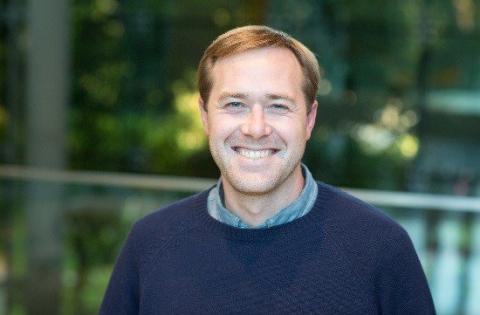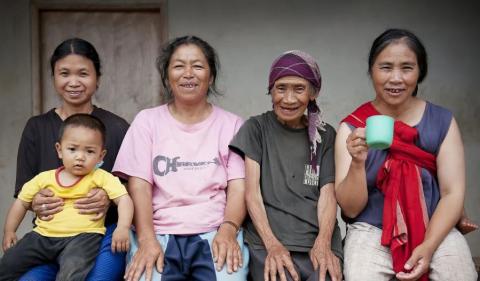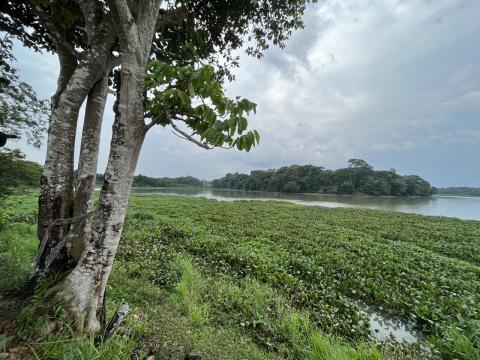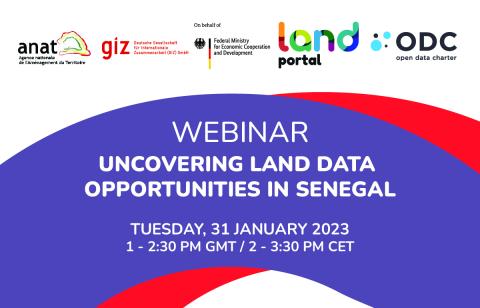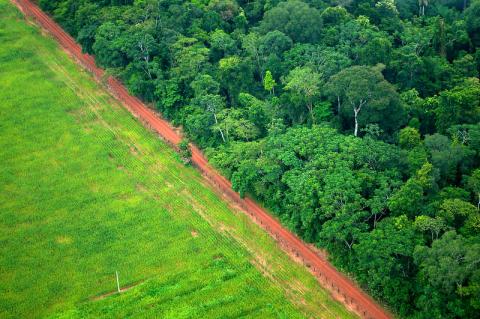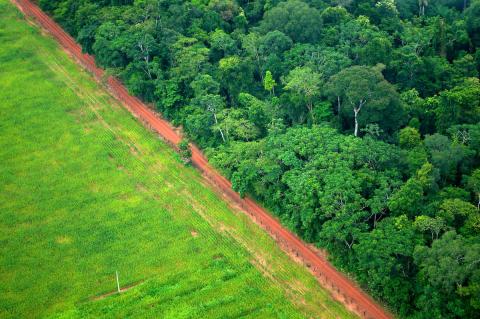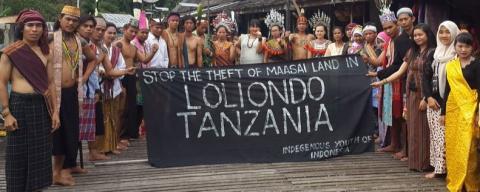Discover hidden stories and unheard voices on land governance issues from around the world. This is where the Land Portal community shares activities, experiences, challenges and successes.
 Follow our
Follow our
Sustainable Development Goals
Blog Series!
Interested in land corruption?
Follow our Land & Corruption Blog Series
for in-depth perspectives from the experts.
Issues
Geographical focus
The theme for this year’s International Women’s Day is “DigitALL: Innovation and technology for gender equality”. The day aims to celebrate women and girls who are championing the advancement of transformative technology and digital education.
This blog post is part of the series What to Read.
After the “land rush” in 2007/08, researchers and civil society investigated the speed and scale of this phenomenon or highlighted single case studies. 15 years on, communities who lost their homes in the land rush continue to fight for their rights and get support from civil society, international organizations, and the media.
Today, I am on board the Greenpeace Arctic Sunrise ship, as we confront the fossil fuel company, Shell, for its role in causing climate devastation around the world - while paying nothing for this destruction. It is now a trend almost everywhere in the world, fossil fuel and oil extraction are becoming the new trend and a real treasure, to a chosen few. True, governments do need money, and it seems easier and quicker for them to have it through the exploitation of fossil fuels.
We thank our departing board members, chair Timothy Fella and Dr. Ritu Verma, for their longstanding commitment to and support of the Land Portal. They helped guide the Land Portal through major growth and transition during the last six years, and their counsel has been invaluable in shaping our work. Dr. Elizabeth Daley, current secretary, will assume the chairship of the board.
Land Portal Welcomes Dr. Cynthia Caron and Dr. Richard Baldwin to Board of Directors,
Webinar Recap:
Uncovering Land Data Opportunities in Senegal
This article first appeared in the Review of African Political Economy on the 10th January 2023
Forests around the world play a major role in curbing or contributing to climate change. Standing, healthy forests sequester more atmospheric carbon than they emit and act as a carbon sink; degraded and deforested areas release stored carbon and are a carbon source.
Strengthening tenure security is often considered a precondition to improved livelihoods, resilience, and sustainable resource use. Interventions from the LAND-at-scale program, which is funded by the Netherlands Enterprise Agency (RVO), employ a range of methods for achieving tenure security, such as improving land mapping and registration systems.
Tanzania’s youth population (defined as women and men between the ages of 15 and 35) constitutes about 35% of the country’s population. In Tanzania, youth engagement in agriculture is considered vital, given that youth form the largest part of the population and labour force in the country.




